This blog was written by Kris Stutchbury (Senior Lecturer in Teacher Education); with contribution from Clare Woodward (Lecturer in International Education), Lore Gallastegi (Senior Lecturer and Staff Tutor in Education), Rachel Hanson (Project Manager) at the Open University.
The Zambian Education and School Training project (ZEST), like everyone in 2020, has been affected by the COVID-19 global pandemic. But the pandemic has bought some surprising benefits which have strengthened relationships and highlighted new opportunities which could ultimately make the project more sustainable. This blog builds on an earlier contribution (Minimising ‘distance’ in distance learning programmes during a global health crisis: framing an international education response to COVID-19) to show how we have been able to re-focus and build relationships in changing circumstances.
This project (2017-2022), funded by the Scottish Government, seeks to enhance the existing system for school-based continuing professional development (SBCPD) in Zambia through the provision of training and resources, and a focus on supporting active teaching approaches in primary schools. There are two phases – co-design and scale-up. In March 2020, we were moving towards the end of the co-design phase, with scale-up planned for January 2021.
During the co-design phase, three cohorts, each of 200 teachers, in three different Districts within Central Province, have been supported by the implementation partner World Vision Zambia (WVZ) and the project leaders, The Open University (OU), in running the enhanced SBCPD programme. The model involved termly presential workshops in Zambia facilitated in the first instance by OU academics, with increasing involvement from WVZ as well as Province and District officials. For example, District Officers from cohort 1 were involved in the induction and training of cohort 2.
In March 2020, schools closed; support visits to cohort 3 and evaluation visits to cohorts 1 and 2 were cancelled. A new plan was required. Interestingly, what has emerged has made the project stronger, and has possibly improved the prospects of sustainability.
ZEST relies on regular teacher group meetings – an established feature of the Zambian education system. With schools closed, we were faced with the dilemma that teachers could not access learning materials (available digitally through Raspberry Pi devices located in the schools), at a time, when, for unfortunate reasons, they had time to study, and to plan ahead. We do know that 70-80% of teachers have a mobile smart phone and that WhatsApp is used as the preferred communication tool. The first response, therefore, was to re-purpose the materials for WhatsApp. Documents of no more than two sides, in pdf format, adapted from teacher learning resources, were circulated every two weeks. The resources contained reflective activities that provided support for teachers in planning classroom activities that actively engage learners. The process of distilling key messages was very valuable and has impacted on the final iteration of the teacher learning materials.
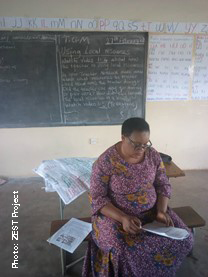 Inspired by other projects (for example SAGE in Zimbabwe), the project team began to explore the possibility of a ‘WhatsApp workshop’, in the form of a live question and answer session in which, facilitated by the project team, teachers shared ideas on the activities provided. District Officers in the cohort 3 District were unsure and requested a conference call instead. Eventually, after exploring the options, ZOOM was proposed and accepted as a possible platform. Project funding previously ear-marked for transport was used to fund data bundles, and when the exam classes (grade 7, 9 and 12) returned to school in June, regular meetings were set up involving the OU, WVZ, the District Office, head teachers and school in-service co-ordinators (SICs) from each of the 11 participating schools.
Inspired by other projects (for example SAGE in Zimbabwe), the project team began to explore the possibility of a ‘WhatsApp workshop’, in the form of a live question and answer session in which, facilitated by the project team, teachers shared ideas on the activities provided. District Officers in the cohort 3 District were unsure and requested a conference call instead. Eventually, after exploring the options, ZOOM was proposed and accepted as a possible platform. Project funding previously ear-marked for transport was used to fund data bundles, and when the exam classes (grade 7, 9 and 12) returned to school in June, regular meetings were set up involving the OU, WVZ, the District Office, head teachers and school in-service co-ordinators (SICs) from each of the 11 participating schools.
It has been a steep learning curve for all, but there have been considerable gains in a number of areas including:
- the technical expertise of the whole team;
- communication between schools and the project team;
- communication between schools within the District.
The skills and competences developed by all are transferable to other aspects of participants’ diverse roles in education and will support the sustainability of this SBCPD programme. For example, the District are now leading ZOOM meetings, with OU and WV support, which, given the free access to this platform, could continue into the future.
Examples of practice have been shared in the WA group in the form of videos and pictures taken in the schools and discussed in the ZOOM meetings. This created lively discussions around inclusive education and the role of peer-observations in SBCPD. The ZOOM sessions have provided an on-going opportunity to model participatory meetings, at a time when facilitators are being encouraged to make sure TGMs involve active engagement rather than listening to a lecture. The materials have been adapted to incorporate teachers’ experiences, and relationships have been strengthened between the different participants in the programme: partners (OU and WVZ), district officials, school leadership teams (HTs and SICs) and teachers. ZOOM has even provided access to policy makers and given our partners the opportunity to explain the programme in detail – something that has proved to be challenging owing to changes in personnel that occurred after the initial endorsements of the project.
The pandemic brought many challenges and disrupted many lives including those of the many children whose learning was interrupted. However, the experiences of the teachers involved in this project indicate that smaller class sizes during term 2 gave them the opportunity to practise teaching approaches with smaller groups of learners, thus building the foundations and their confidence, ready for when learners return.
In terms of teachers’ own development, the fact that TGMs have continued both during term 2 and now into term 3, even as all learners return and teacher timetables have been extended to accommodate social distancing, demonstrates the commitment to these CPD activities of all involved.
As we embark on the new Zambian school year, we continue to explore new ways of working to support teachers’ and learners’ experiences in active approaches. COVID19 forced us to change our ways of working and opened up new possibilities. What has been learnt and what has been achieved in these testing circumstances, has the potential to enhance teachers’ professional practice and Zambian children’s learning experiences. This will be essential if we are to make a contribution to supporting the recovery, especially for those learners who have missed out on six months of their education, and , more than ever, need teachers who are able to inspire and support them to achieve their goals.

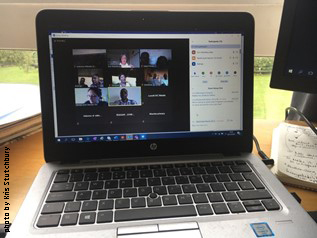
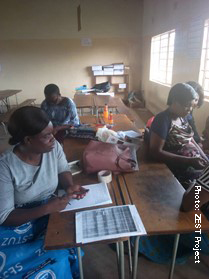
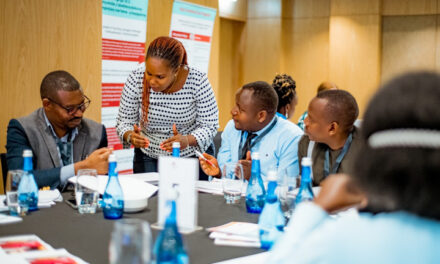
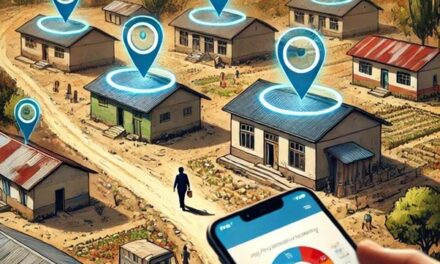
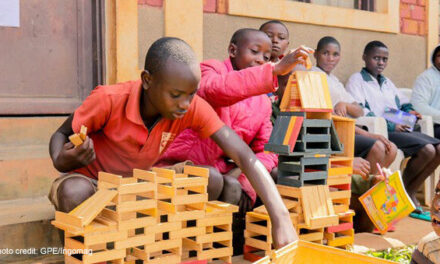
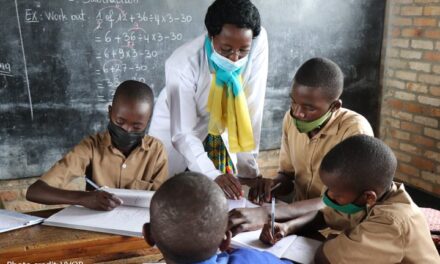
This is a wonderful idea keeping teachers abreast with information. This is worthy Sharing to us teachers who are in rural areas with eractic internet network. My prayer is that let this pandemic come to a close and it can only be stopped by practising social and physical distancing and masking away COVID-19